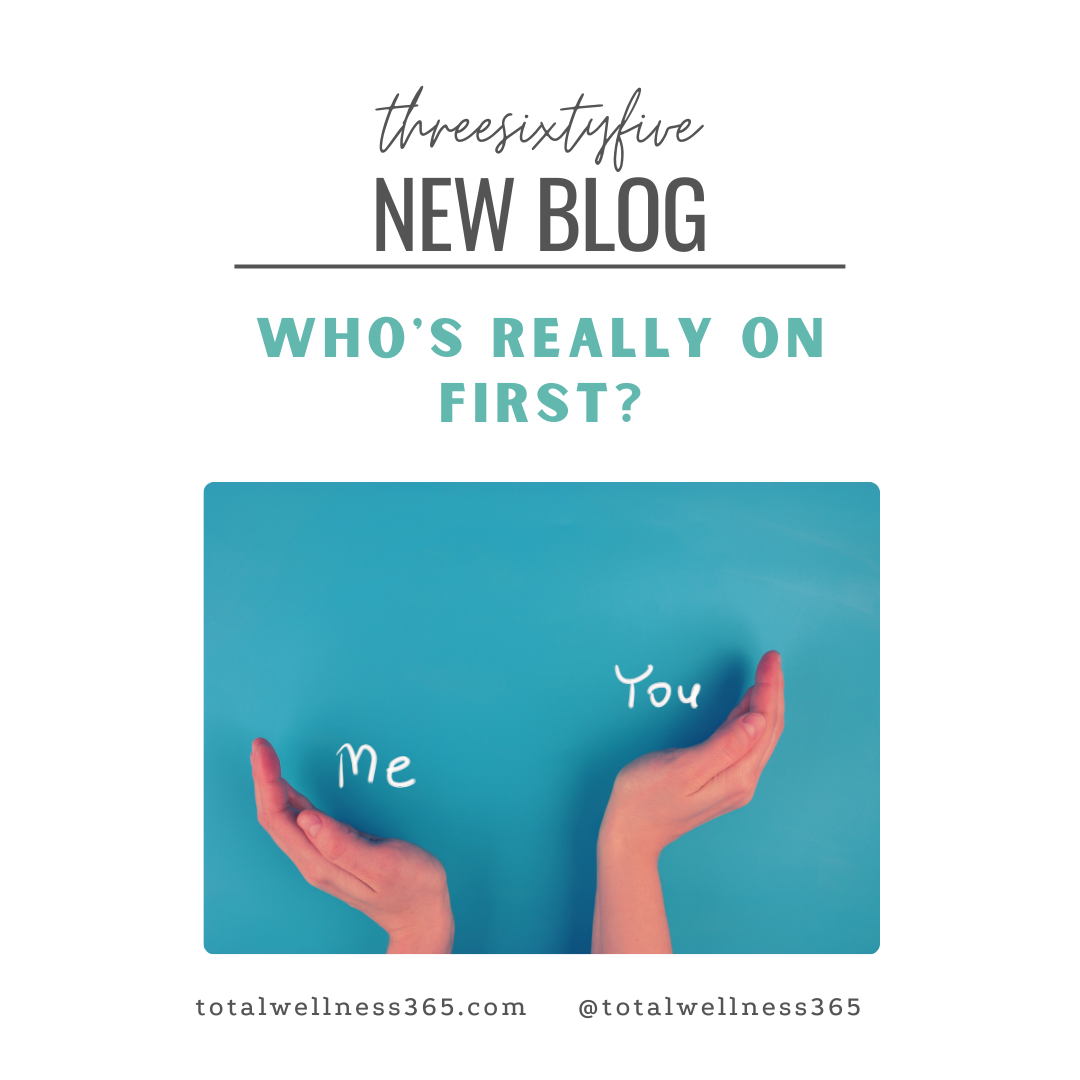December is a uniquely complex month. Many people move through it carrying a blend of closeness, overwhelm, nostalgia, and emotional fatigue. Even in the presence of
Seasonal Shifts & Emotional Energy: Preparing for Shorter Days
As the leaves turn and daylight fades earlier each evening, many of us feel an invisible shift within. The shorter days of late fall often bring cozy sweaters, warm drinks, and quiet nights—but they can also stir something deeper in our emotional energy. If you’ve ever felt your mood dip as the daylight disappears, you’re not alone. Our minds and bodies are wired to…
Finding Balance in Opposites: Understanding Dialectics in Everyday Life
The Labor of Mental Wellness: Honoring the Work We Do for Ourselves
As Labor Day arrives, many of us think about hard work in terms of careers, achievements, and the physical or intellectual effort we give to our jobs. But there’s another kind of labor we often overlook—the labor of caring for our mental, emotional, and physical health.
Just as a strong career is built through years of dedication, growth, and resilience, so too is our wellness. Tending to our mental health is not a one-time task; it is an ongoing practice that requires intention, patience, and effort.
The Daily Effort of Being Well
Mental Labor: It takes effort to quiet anxious thoughts, challenge unhelpful beliefs, or allow ourselves moments of rest. Therapy, journaling, or mindfulness practices don’t provide instant results—they work because we return to them consistently.
Emotional Labor: Choosing to feel, process, and express emotions rather than suppressing them is courageous work. Setting healthy boundaries in relationships and allowing ourselves to be vulnerable takes energy, but it strengthens our resilience.
Physical Labor: Movement, sleep, and nutrition are forms of labor we invest in our future selves. Even small steps, like stretching, walking, or drinking more water, represent an act of caring for our whole being.
Honoring the Invisible Work
Unlike the labor we perform for a paycheck, the labor of self-care and wellness is often invisible—and yet, it is foundational. Each time you choose to go to therapy, take a mindful breath, or simply rest when you need it, you are engaging in meaningful work that sustains your ability to show up for others and for yourself.
This Labor Day, Reflect and Reframe
Instead of focusing only on the external labor we do for jobs and productivity, let’s also honor the effort it takes to be well. Ask yourself:
What kind of labor am I doing for my mental health?
Where might I need to give myself more compassion and rest?
How can I celebrate the progress I’ve already made in tending to my well-being?
Caring for our mental wellness is not easy—
it takes time, intention, and labor. But just as society thrives because of collective work, our lives flourish when we honor the effort we put into caring for ourselves. This Labor Day, let’s pause not only to celebrate our professional contributions but also to recognize the invisible, essential work of becoming and staying well.
If you’re ready to continue the work of caring for your mental health, know that you don’t have to do it alone. Our practice is here to walk alongside you, offering support, tools, and encouragement as you navigate your journey. Reaching out for help is a powerful step—and one more way to honor the labor of caring for yourself.






